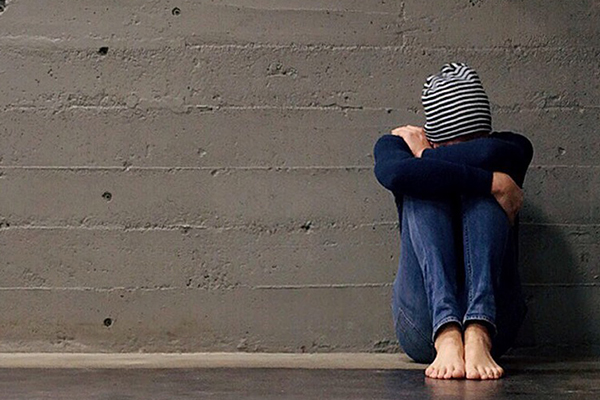Watching your child endure bullying and harassment from their peers is a difficult and painful experience for most parents. We want our children to be happy and healthy, and when they hurt, we hurt.
Whether they’re at school or just looking at Snapchat on their phones, it can be virtually impossible to try and intervene or attempt to stop bullying behavior. Although you can take steps to protect your children as much as possible by contacting other parents or appropriate school staff, you can’t always be at your child’s side to protect them. One thing you can do, however,
Listen
It’s important to let your child talk, and not just to hear them talk, but to listen, pay attention, and ask questions. Make sure to set aside a quiet time for you and your child to calmly talk about the events of the day. Put out their favorite healthy snack and find out how their day went. Be silent at times to quietly encourage your child to be more forthcoming. Be patient, as your child may be ashamed, afraid, or embarrassed to talk to you about their experience being bullied.
Talk
Ask open-ended questions to encourage your child to talk about their day. “What happened on the bus ride home today?” or “What did you do at recess?”
Support
Make sure your child knows that it’s not her fault she’s being bullied. Let her know that she doesn’t deserve what’s happened, that she deserves respect, and that she’s not alone. Your child should know that you always there for her. She should also know that she has the support of her teachers and
Empower
Empower your child by teaching them to look at the color of their friend’s eyes. Looking at their bully in the eye in this same manner will help them look up so they can appear and feel more confident.
Bullying is an issue that doesn’t just affect children, it also affects adults. Throughout their
If you or your child require additional help coping with bullying or harassment, you should seek out professional assistance from a licensed, trained clinician. Call our office today so we can set up an appointment to talk.

How to Help Children Understand Terrifying Events
As a parent, your job is to make sure your kids grow and develop in a safe and healthy environment. While it’s possible for you to control your immediate environment – your home – it’s simply not possible to ensure the greater world around your child is safe and free...
A Parent’s Guide to Teen Depression and Suicide
The statistics on teen suicide are staggering. According to the Centers for Disease Control, each year, an average of 8% of American teens will attempt suicide. This makes suicide the second leading cause of death for kids aged 10 to 24. In fact, it is believed that...
3 Reasons Why Play Therapy Is So Effective
Through play, children discover the world around them and their feelings about it. Play is also how children communicate these often-complex feelings. This is what makes play therapy such a powerful treatment. Pretending offers children the opportunity to “finally” be...
Quick! Get Your "Top Tips For Getting the Most Out of Counseling" Cheatsheet!
Like some of what you've seen and want to see more? Sign up for our Mailing List for a free cheat sheet on making the most out of counseling. Our list members also gain access to exclusive specials and announcements, as well as the latest from our Counseling Blog!




